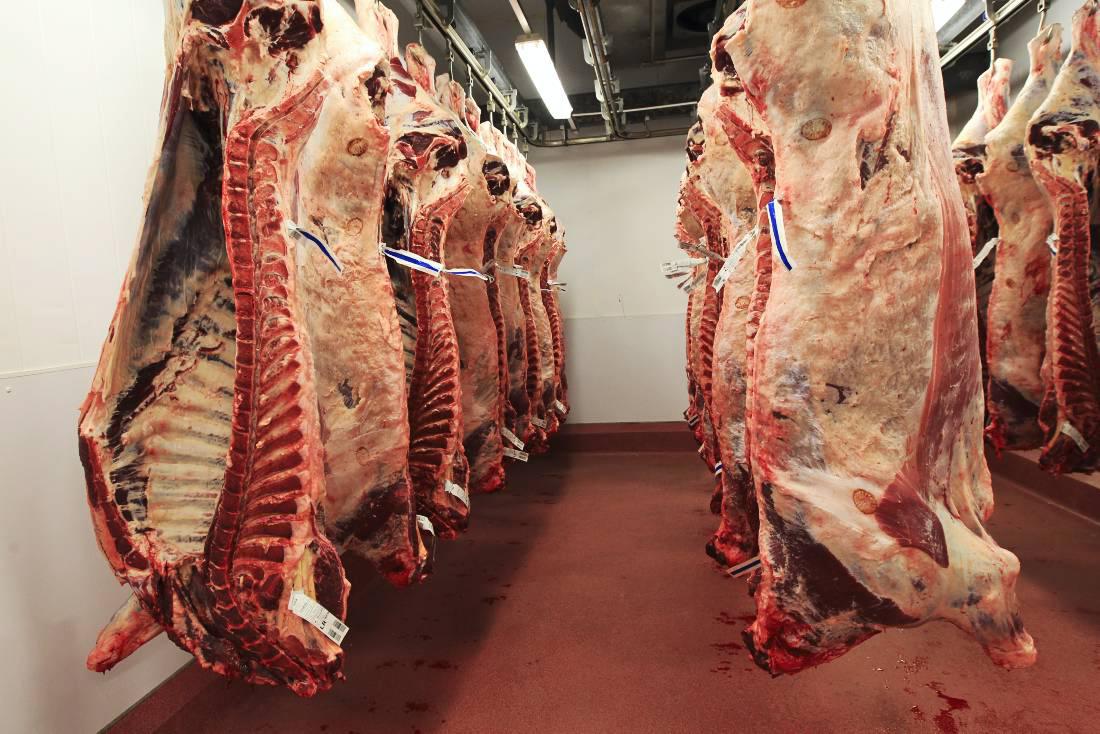Representatives from the local meat processing sector were among those in London this week to meet with the Food Standards Agency (FSA) following the recent cases in Britain where failings have been identified in food businesses.
The first major issue arose in a 2 Sisters poultry processing site in the west midlands in the autumn, which identified a number of suspect practices, including chicken being lifted off the floor and put back on the line.
The second high-profile incident came at Russell Hume, which operated across six sites in Britain, employed 300 staff and was a major supplier of meat products to the UK restaurant trade. The issue first came to light when ‘‘Tuesday night steak club’’ was pulled at JD Wetherspoon in January.
Since then, the FSA has confirmed that it has been investigating serious allegations of non-compliance in the Russell Hume business, with production stopped and meat products recalled.
Ultimately, any mistakes made have been very damaging, with the company announcing earlier this week that it had entered administration, and is now up for sale.
For a significant business such as Russell Hume to fall so quickly highlights that reputation is everything in the food industry.
While honest mistakes can happen, ever since the horsemeat scandal, there is zero tolerance given to anyone who may be perceived not to have complied with the required standards.
But questions should also be asked of the buying practices of retailers and foodservice companies. If something is offered at a price that is too good to be true, it should raise concerns.
High standards
It is not just consumers who are at risk from bad practice, but farmers who are forced to comply with high standards only to have their product undermined further down the supply chain.
The others to lose out are the vast majority of food companies who are doing everything by the book.






 This is a subscriber-only article
This is a subscriber-only article










SHARING OPTIONS: